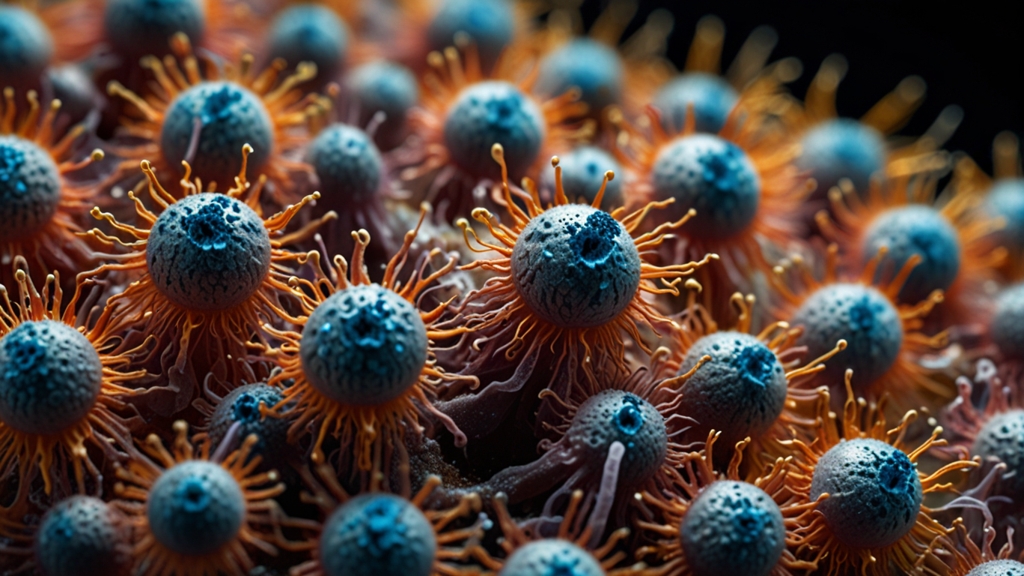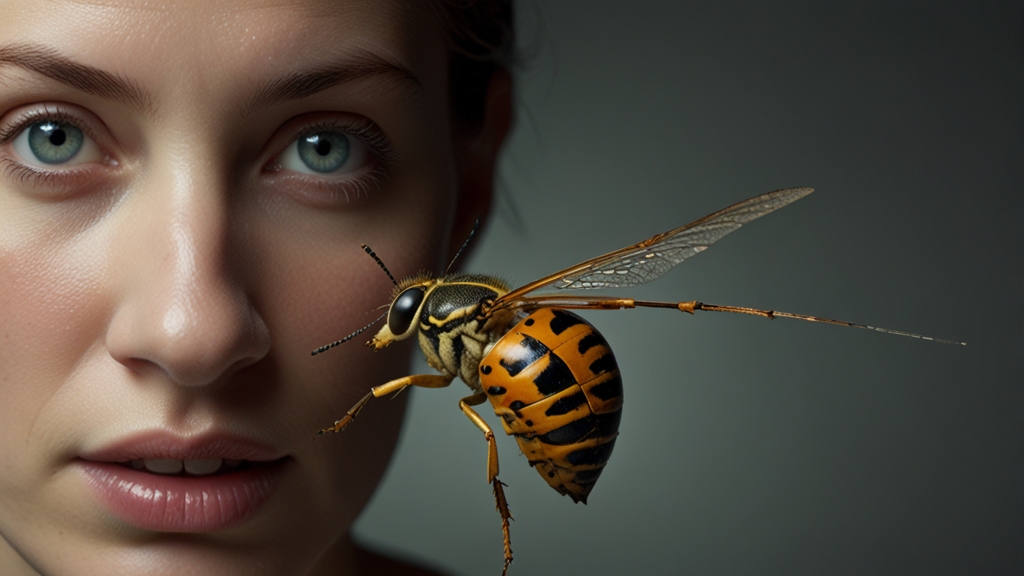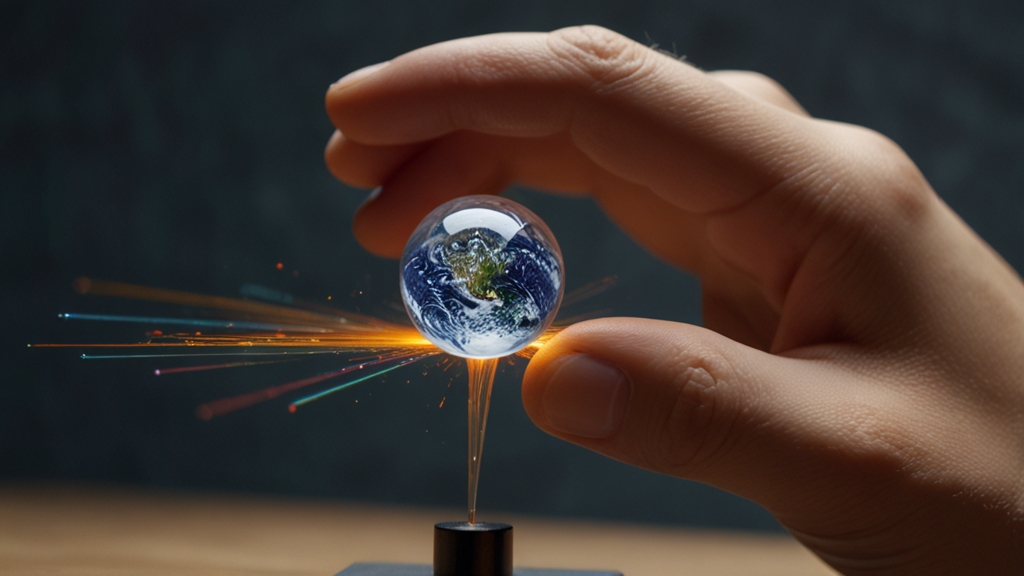The Fascinating World of Microbes: Earth's Most Underestimated Organisms
Microbes, often relegated to the background of biological discussions, are, in fact, some of the most vital and versatile organisms on Earth. These microscopic entities, which include bacteria, archaea, fungi, and viruses, have a profound impact on virtually every aspect of life and the environment. Despite their minuscule size, microbes play indispensable roles in ecosystems, human health, and various industrial processes.
The Ubiquity of Microbes
Microbes are omnipresent, thriving in diverse environments from the ocean depths to the upper atmosphere. They inhabit extreme conditions like hydrothermal vents, acidic springs, and the permafrost of the Arctic, showcasing their incredible adaptability. In fact, it's estimated that a single teaspoon of soil can contain more microorganisms than there are people on the planet. This sheer abundance underscores their importance in maintaining ecological balance.
Microbial Diversity and Roles
The diversity of microbes is staggering. In the human body alone, they outnumber human cells by a ratio of 10:1. Comprising the human microbiome, these organisms are crucial for processes such as digestion, immunity, and even mental health. Beyond humans, microbes are essential in nutrient cycling, decomposing organic materials, and fixing atmospheric nitrogen, thus being pivotal in sustaining plant and animal life.
"Microbes are not just pathogens; they are essential partners in life’s processes, working tirelessly out of sight to keep the wheels of ecosystems turning."
– Dr. Jane Doe, Microbiologist
Microbes in Human Health
When discussing microbes in the context of human health, the focus often shifts to pathogens that cause diseases. However, the majority of microbes are harmless or even beneficial. Probiotics, for example, are live bacteria that confer health benefits when consumed, aiding in digestion and enhancing the immune system. Medical research is increasingly uncovering the complex interactions between humans and their microbiomes, revealing how gut bacteria can affect everything from mood to chronic diseases.
Industrial and Environmental Applications
Industrially, microbes are invaluable. They play a crucial role in biotechnology, ranging from the production of antibiotics and vaccines to biofuels and biodegradable plastics. The ability of certain bacteria to degrade environmental pollutants, such as oil, heavy metals, and plastics, holds promise for sustainable waste management through bioremediation.
"The future of sustainable industry lies in harnessing the untapped potential of microbial processes, which offer environmentally friendly solutions and significant economic benefits."
– Dr. John Smith, Biotechnologist
The Future of Microbial Research
As scientific techniques advance, we are poised to uncover even more about these invisible titans of nature. Metagenomics, which involves sequencing genetic material recovered directly from environmental samples, is opening up new vistas in understanding microbial diversity and functionality. This could lead to groundbreaking discoveries in medicine, agriculture, and environmental science.
Conclusion
In conclusion, microbes are the unsung heroes of the natural world, fundamental to life on Earth as we know it. Their pervasive presence and multifaceted roles in health, industry, and the environment underscore the necessity of continuing microbial research. Recognizing and appreciating these microscopic marvels can lead to significant advancements in science and technology, paving the way for a healthier and more sustainable future.












